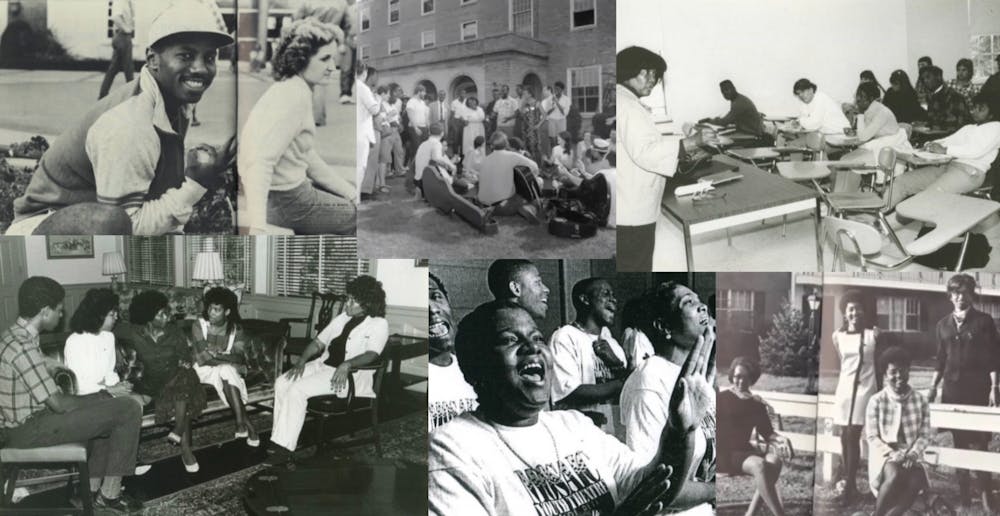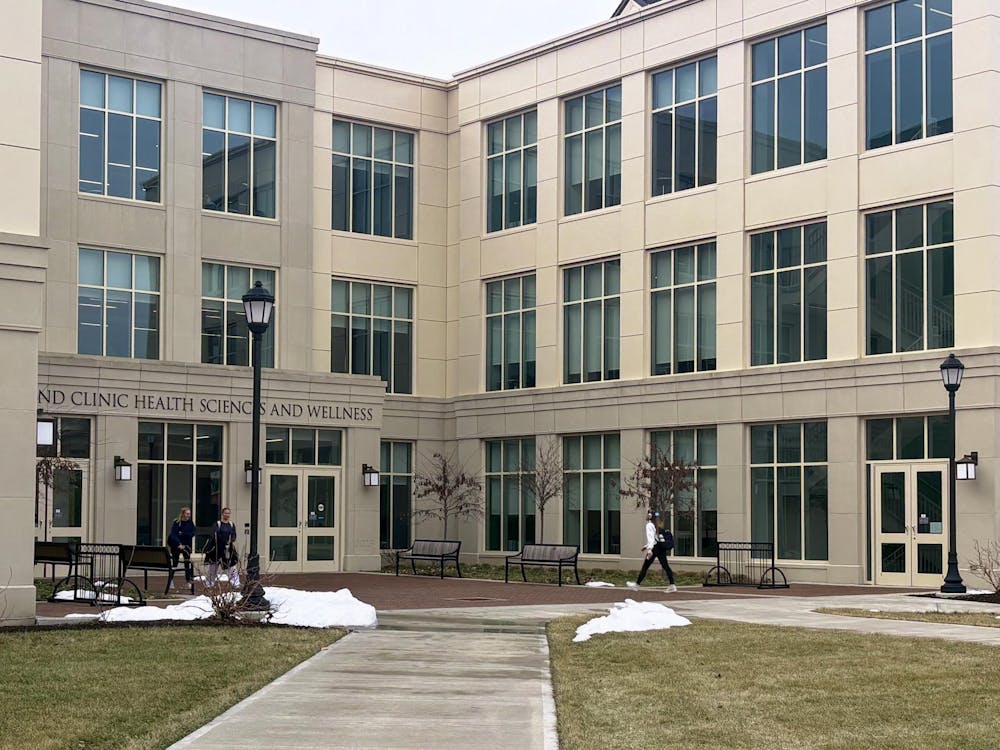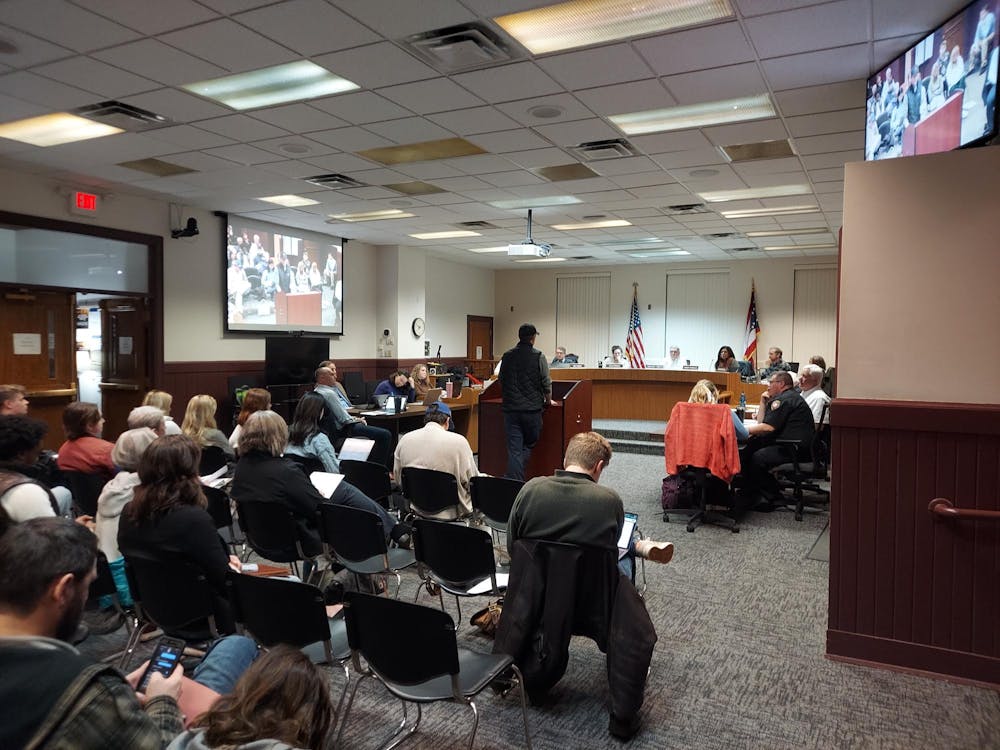Peter Bruner. Belinda Church. Ron Harper. Jannie Kamara.
Who are these people and what do they all have in common?
They are all African Americans who have made history at Miami University.
Bruner was an escaped enslaved person who became the university’s first Black employee. His iconic top hat can be seen at McGuffey Museum on campus.
In 1971, Church became Miami’s first Black cheerleader. Harper, who played basketball for Miami from 1982 to 1986, still holds several school records.
Kamara is Miami’s current student body president and the first Black woman to hold the position.
On Tuesday, Feb. 2, Seth Seward, alumnus and assistant director of alumni groups, gave a presentation on Zoom about Black history at Miami, celebrating African Americans’ accomplishments at the university and recognizing their struggles.
“It’s important for our country and the Miami University community to know about the contributions of African Americans or Black folks here in this country because they’ve made significant contributions to what we all enjoy now,” Seward said.
Seward went into detail about several Black people who have made history at Miami from the 19th century all the way to the present day. He also discussed advancements in resources for Black students, such as the Multicultural Center that opened in 1976.
Other topics included the struggles Black students have faced at Miami, such as a Ku Klux Klan march in Oxford in 1990. Seward also highlighted social activism led by Black students on campus, like the Black Student Action Association and the Black Action Movement (BAM).
“There’s a pattern here within 1968 and the early 1970s,” Seward said. “All these advancements for Black folks first came about due to agitation from the BSAA and others to get them here.”
The wide range of topics, achievements and struggles Seward discussed extended beyond the more widely-known pieces of Black history at Miami. He talked about famous events like Freedom Summer, but also about how Black churches were essential for Black students because there were so few social activities for them.
Enjoy what you're reading?
Signup for our newsletter
Seward’s presentation on Black history at Miami was the first of five virtual events the Miami University Libraries are hosting throughout Black History Month. They also live streamed the event on their Facebook page, and the video is still available to watch.
“These types of events bring people together from every part of the community: the Miami community, the Oxford community and across the nation,” said Jacquline Johnson, a university archivist who helped organize the month's events. “The greatest thing about these types of programs is they’re virtual now, and anybody can really be a part of it.”
Alumna Marla Styles heard about the event in the Black alumni Facebook group and watched the livestream from Lincoln, Nebraska.
“Being a Black alumni of Miami, I know the history to a certain extent of when I was there, those things that occurred when I was at the university,” Styles said. “But I also know … there’s a piece of our history with the university that I really did not know and was completely unfamiliar with. I felt like that presentation was a great way for me to … reinforce or strengthen my pride in the university.”
Other program topics throughout the month include protests, the death of Emmett Till, student civic engagement and the relationship between race and advertising.
To Johnson, Black History Month “means the opportunity for people to learn more about African Americans and the contributions they’ve made to society.”
When asked what we can do as individuals to make Miami a more welcoming and supportive place, Seward suggested that alumni get involved with the admissions office’s different student organizations.
“And also just learn about the history that’s happened here to get a context for what students are going through right now,” he said.
The library’s next event will be held on Monday, Feb. 8 at noon where a panel will discuss the reemergence of marches and protests in America, and on Tuesday, Feb. 9 at 6 p.m., Davis Houck, a professor at Florida State University, will discuss the death of Emmett Till.




